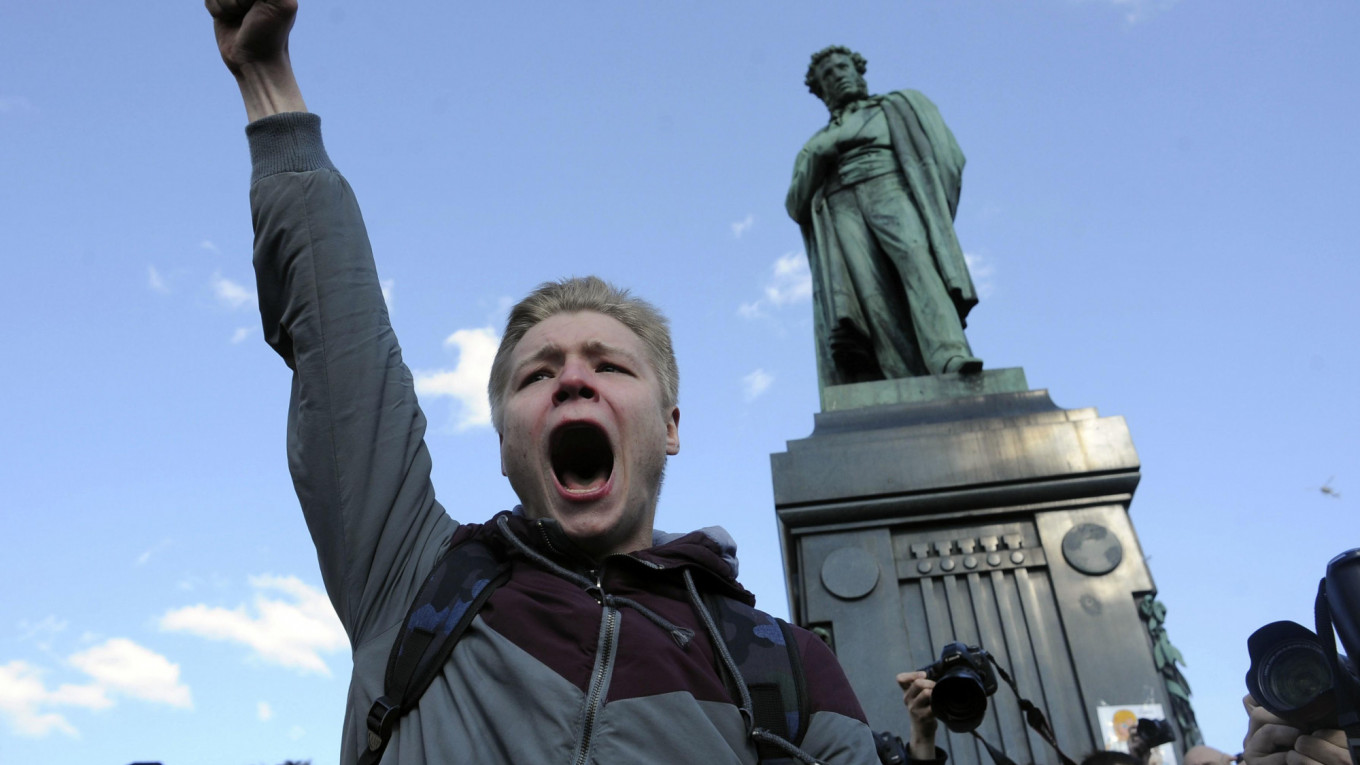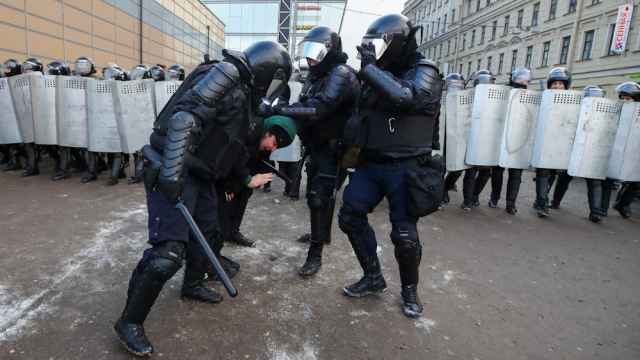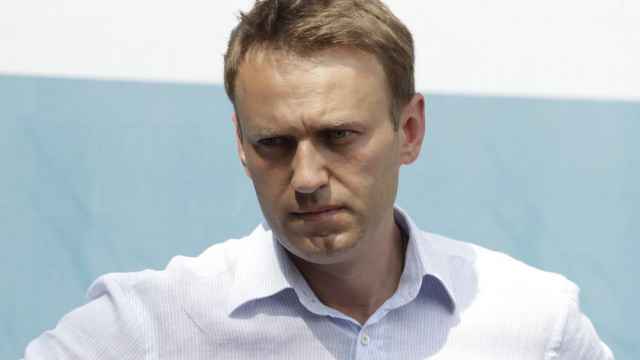With Russia’s opposition leader in jail for disobeying police at last Sunday’s anti-corruption protest in Moscow, the country is set for more nationwide demonstrations this weekend. And Russia’s General Prosecutor ain’t having it.
Federal attorneys have already instructed Roskomnadzor, Russia’s unbeautifully named state censor, to start blocking pages on Vkontakte, LiveJournal, and YouTube that promote unsanctioned rallies scheduled for Sunday, April 2.
Unlike last Sunday, these next protests aren’t being organized by the Anti-Corruption Foundation, making April 2 a test of the movement’s viability without the mobilizing efforts of Alexei Navalny, the handsome and not-the-least-bit controversial blogger who’s come to lead Russia’s anti-Kremlin opposition.
According to the General Prosecutor, city authorities have not received any permit requests for this Sunday’s mass protests, which officials argue is sufficient grounds to block websites promoting the rallies.
“The organizer of a public event is not entitled to carry out a public demonstration without notifying the appropriate authorities,” a spokesperson for the General Prosecutor told the news agency Interfax.
In a press release on Friday, Moscow police warned locals that “all necessary measures” would be taken to ensure public safety, in the event that demonstrators stage an unsanctioned protest on Sunday. Moscow police also reported that “the supposed organizers of this event” have denied their involvement.
Last weekend, “all necessary policing measures” included roughly a thousand arrests, as well as a raid on the Anti-Corruption Foundation’s Moscow office (where law enforcement claimed to be responding to a bomb threat). When staff refused to evacuate the building, not wanting to interrupt the foundation’s live-streaming of protests across Russia, the entire office was arrested for disobeying police orders.
Navalny, the foundation’s star leader, was sentenced to two weeks in jail, where he resides today.
A Message from The Moscow Times:
Dear readers,
We are facing unprecedented challenges. Russia's Prosecutor General's Office has designated The Moscow Times as an "undesirable" organization, criminalizing our work and putting our staff at risk of prosecution. This follows our earlier unjust labeling as a "foreign agent."
These actions are direct attempts to silence independent journalism in Russia. The authorities claim our work "discredits the decisions of the Russian leadership." We see things differently: we strive to provide accurate, unbiased reporting on Russia.
We, the journalists of The Moscow Times, refuse to be silenced. But to continue our work, we need your help.
Your support, no matter how small, makes a world of difference. If you can, please support us monthly starting from just $2. It's quick to set up, and every contribution makes a significant impact.
By supporting The Moscow Times, you're defending open, independent journalism in the face of repression. Thank you for standing with us.
Remind me later.






